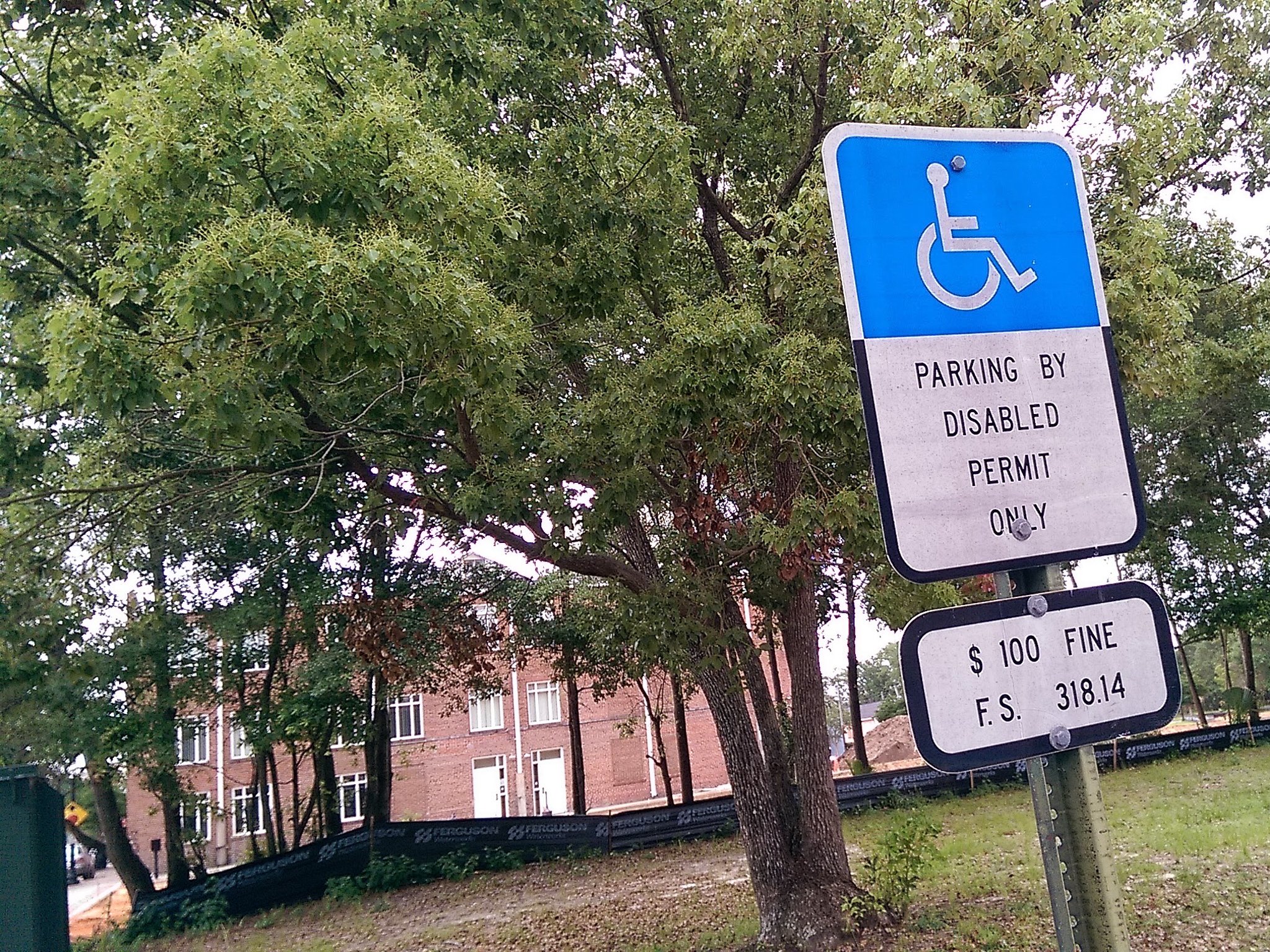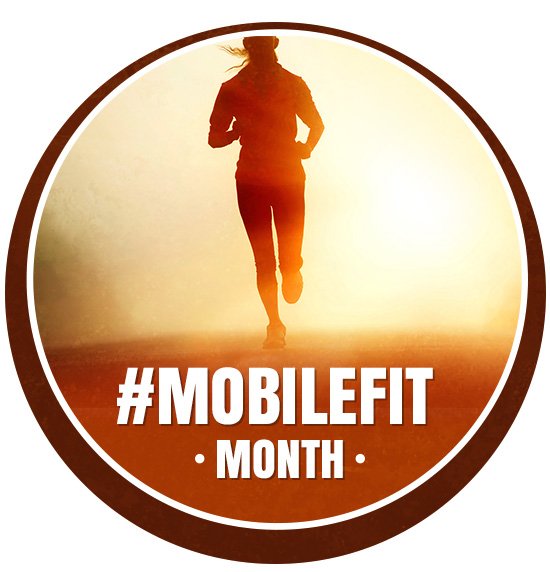Assistive tech and fitness: We're not quite there yet

All the latest news, reviews, and guides for Windows and Xbox diehards.
You are now subscribed
Your newsletter sign-up was successful
There's a major niche for fitness products that is mostly untapped — for now

As you will see during Fitness Month here on Mobile Nations, there is a wide array of cool and connected gadgets to help you get fit or stay fit. Bracelets, bands and clips that communicate with smartphones to tell you how far you've walked, how fast you did it, and how healthy it makes you come from plenty of manufacturers. They even get social and make for great games and contests. It's really cool to see how far this area has come in such a short time, and it's pretty great to see how well it's been accepted by tech enthusiasts and those who aren't quite as enthused about circuits as we might be.
But there is one group of people who have (so far) been left mostly out in the cold when it comes to being healthy connected-style — folks who have disabilities.
It's really cool to see how far this area has come in such a short time
This is something I know a little bit about. I'm wheelchair-bound most of the time. Luckily, I can walk a little, and the right concoction of pills and shots combined with my natural stubbornness can allow me to amble slowly for extended periods if I have to (thankfully), but for the most part when I'm not in my chair at my desk working, I'm in another chair rolling. I'm not bitter and I'm not complaining — I've had a long life filled with bad choices that put me here. But it does give me a bit of first-hand knowledge when it comes to how any of the cool connected fitness devices work for folks who can't do the running, walking and jogging. I also save a ton of money on shoes.
The good news is that this sector of fitness is ripe for the picking, and as technology advances we'll see more assistive tech trickle down to the consumer level — including fitness accessories.
That's not to say some of what's out there isn't really useful. After my last run-in with the surgeon's knife I needed to monitor my sleeping habits and fluid intake. My Doctor suggested a FitBit One, which did a fair job with the sleep tracking and an excellent job giving me somewhere to keep track of how much water I was drinking. It was no help keeping track of how much water was coming out, but with a little bit of coding this nasty job could be built right into their software for the few people that need it.
Heart-rate sensors are another area where folks with less-than-perfect mobility can benefit, just like their more active counterparts. Wheeling yourself around is a workout in itself, and it's nice to know how that work is affecting your ticker. Many folks who need a wheelchair turn into the hulk from the waist up from all the arm-work, while others need to keep things slow and be gentle with their heart. While I was learning to adjust to my new lifestyle, only your cardiologist has sensors of this type. Today, many different companies offer ways to keep track of your heart. We've come a long way here.
Many folks who need a wheelchair turn into the hulk from the waist up from all the arm-work, while others need to keep things slow and be gentle with their heart
On the commercial side, in rehab centers or gyms, there are mounts and clamps to lock a wheelchair into just about any upper-body workout machine or rack. I'd like to see something similar built for home use, complete with rep-counters and Bluetooth to connect to a smartphone app. Or how about an odometer on your wheel, and a bit of logic to translate that into calories burned? There are plenty of places companies — both big and small — can go to tap into this market, and I think they will.
All the latest news, reviews, and guides for Windows and Xbox diehards.
It's not just people with ambulatory issues who would benefit from tech in their workout, either. A fitness band and app that vocalized your stats on-demand would be awesome for people with visual impairment, or an app for Google Glass could be great for those without use of their arms. All this tech we have access to can get together on some level, and the results could be magical.
There are already companies looking at how they can help people with special needs. According to the Washington Post, Georgia Tech and Google are working on using Google Glass to help teach and interpret sign language. Other companies are looking at crowd-sourced data to help people with visual impairments pick out clothes that match. These little things are taken for granted by most of us — just like knowing that your Fuelband will know how many steps you took on your evening walk. These types of ideas and programs will trickle down into the fitness industry eventually.
This year, Fitness Month is still mostly for folks with no special needs. Here's hoping next year can be better!
This article originally published on Connectedly as part of #MobileFit month

Jerry is a Former Contributor for Windows Central and an RHCE and Electrical Engineer who loves gadgets of all kinds. You'll find his writings across Mobile Nations and you can hit him on Twitter if you want to say hey.
